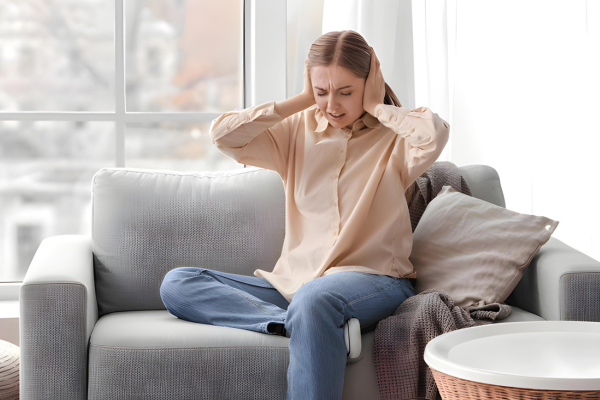Acoustics and Airflow: Selecting Grills for Noise Control in HVAC Systems

As HVAC professionals, we understand the importance of maintaining optimal airflow and minimizing noise in our systems. One crucial aspect often overlooked is the selection of grills, which can significantly impact both airflow and acoustics. In this blog post, we'll explore the key considerations when choosing grills for noise control in HVAC systems.
Understanding Airflow and Acoustics
Proper airflow is essential for the efficient operation of HVAC systems. Grills play a crucial role in regulating the flow of air, ensuring even distribution throughout the space. However, the design and placement of grills can also contribute to noise generation, which can be disruptive to occupants.
Factors to Consider When Selecting Grills
When choosing grills for noise control, there are several factors to consider:
- Grill type and design: Different grill types, such as linear bar grills, perforated grills, and louvered grills, have varying effects on airflow and noise levels. Consult with manufacturers or industry experts to determine the most suitable grill type for your specific application.
- Grill size and placement: The size and location of grills can impact airflow and noise. Ensure that grills are sized appropriately for the space and placed strategically to minimize turbulence and noise generation.
- Noise reduction features: Some grills come equipped with noise reduction features, such as sound-absorbing materials or aerodynamic designs. These features can help mitigate noise levels without compromising airflow.
- Compatibility with HVAC system: When selecting grills, consider their compatibility with the overall HVAC system. Ensure that the chosen grills can handle the required airflow and pressure drop without causing excessive noise or disrupting system performance.
Best Practices for Noise Control
To effectively control noise in HVAC systems, consider the following best practices:
- Conduct noise assessments: Perform noise assessments to identify problem areas and establish baseline noise levels. This information will help guide your grill selection and placement.
- Collaborate with acoustics experts: Consult with acoustics experts or manufacturers to determine the most effective noise control strategies for your specific project.
- Prioritize noise control in the design phase: Incorporate noise control measures, such as grill selection, into the early stages of the design process. This proactive approach can help prevent costly retrofits and ensure optimal system performance.
By considering these factors and best practices, HVAC professionals can effectively select grills that maintain optimal airflow while minimizing noise in their systems. Remember, a well-designed HVAC system not only provides comfort but also contributes to a productive and healthy indoor environment
